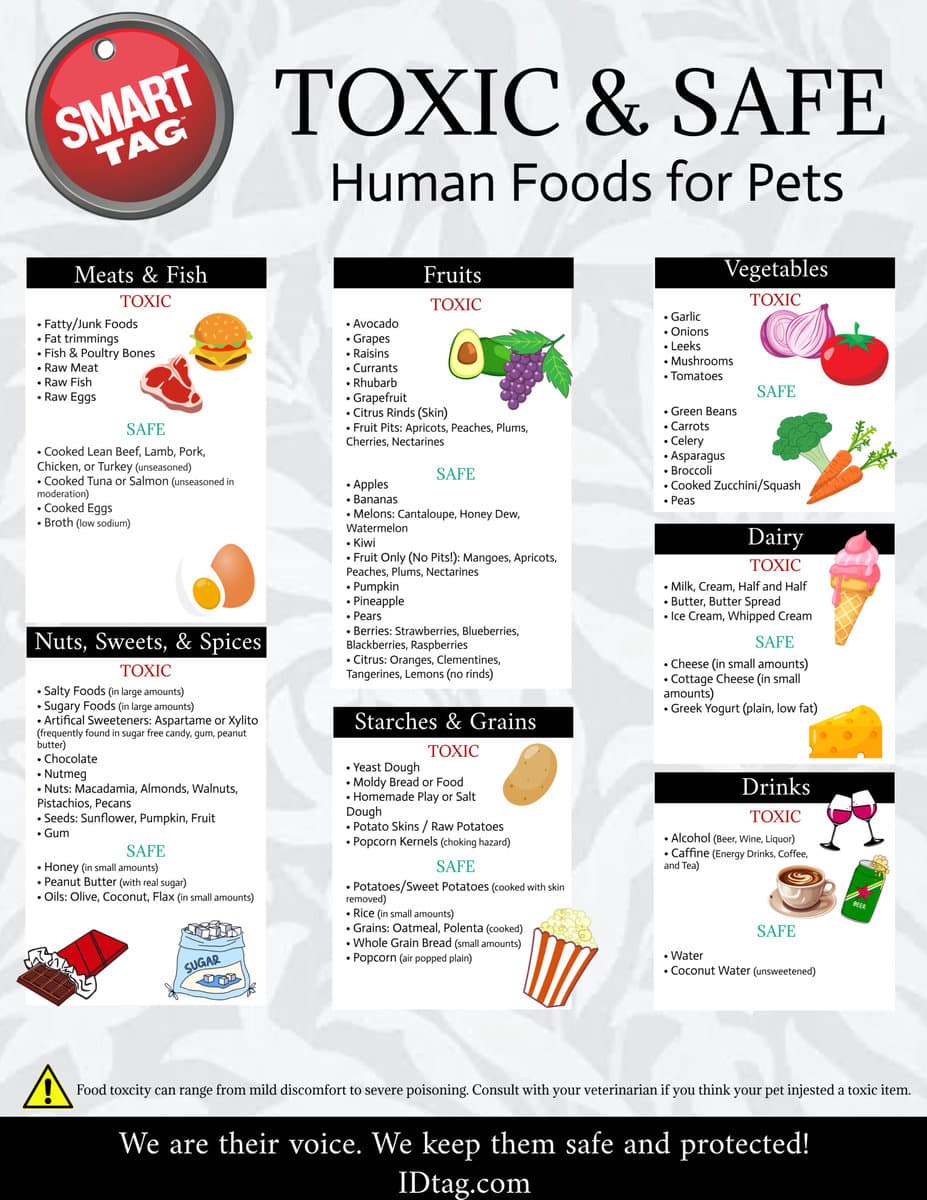Welcoming a dog into your home is a joyous occasion, and naturally, you want to share the best with your new companion, including occasional treats from your own plate. While many human foods are safe and even beneficial for dogs in moderation, it’s crucial to know which ones are appropriate and which to avoid. This guide will explore a variety of human foods that can be safely incorporated into your dog’s diet, offering nutritional benefits and serving as healthy, occasional snacks. Understanding these options ensures you can provide a balanced and safe diet for your furry friend.
Wholesome Fruits and Vegetables
Several fruits and vegetables commonly found in human kitchens can be excellent additions to a dog’s diet, offering a range of vitamins, minerals, and fiber.
Carrots
Carrots are a particularly healthy choice for dogs. Their crunchy texture is not only satisfying for chewing but also aids in cleaning plaque from a dog’s teeth, promoting better dental hygiene. Furthermore, carrots are a rich source of Vitamin A, which is vital for maintaining a strong immune system, healthy skin, and a lustrous coat.
Apples
Apples provide a good source of Vitamins A and C, along with dietary fiber, which can assist in regulating a dog’s digestive system. However, it is imperative to remove apple seeds before feeding them to your dog, as rotting apples can lead to alcohol poisoning in canines.
Blueberries
These small, antioxidant-rich berries are safe for dogs and packed with fiber and phytochemicals. Antioxidants can offer numerous health advantages for dogs, including reducing oxidative stress, lowering the risk of certain diseases, and combating age-related issues.
Bananas
Bananas are a good source of magnesium, essential for maintaining strong bone health in dogs. However, due to their natural sugar content, bananas should be offered as an occasional treat rather than a dietary staple.
Cucumbers
As a low-calorie and safe snack, cucumbers are an excellent option for dogs, especially those managing their weight. They also offer a good amount of vitamins and minerals, including Vitamin K.
Green Beans
Plain green beans, whether raw or cooked, are a nutritious and healthy snack for dogs. They provide protein and essential nutrients like calcium, iron, and Vitamin K. Always ensure they are unseasoned and chopped to prevent choking hazards. Consulting a veterinarian can help determine if your dog requires additional fiber in their diet.
Watermelon
Watermelon is a refreshing and safe treat for dogs, but it’s crucial to remove all seeds and the rind before serving, as seeds can cause intestinal blockages and the rind can lead to an upset stomach. Its high water content aids in hydration, and it’s a source of Vitamins A, C, and B-6.
Protein-Rich Options
Certain lean proteins, when prepared correctly, can be beneficial for canine health.
Fish
Salmon, tuna, and shrimp are safe and valuable protein sources for dogs. Salmon and tuna are particularly rich in omega-3 fatty acids, which may support a healthy immune system. The B vitamins found in shrimp contribute to a healthy digestive system and circulation. It is essential to cook all fish thoroughly to eliminate harmful parasites.
Chicken
Plain, boiled chicken breast without any seasonings is a go-to option for dogs experiencing an upset stomach. It’s easily digestible and provides essential protein.
Turkey
Cooked turkey, plain and unseasoned, is a common ingredient in many dog foods due to its protein content and is generally safe for dogs. It’s important to remove excess fat before serving, as high fat content can lead to pancreatic issues in dogs.
Pork
Cooked pork, free of seasonings and excessive fat, can be safely given to dogs in small quantities. However, pork’s high fat content can be difficult for dogs to digest, potentially causing inflammation and pancreatitis. Bacon and processed ham should be avoided due to their high salt levels.
Other Safe Treats
Beyond fruits, vegetables, and lean proteins, a few other common human foods can be offered as occasional treats.
White Rice
Plain, cooked white rice is easily digestible and can help firm up stools, making it a good option for dogs with mild stomach upset. However, it can cause a rapid increase in blood sugar levels, so dogs with diabetes should consume it sparingly.
Dairy Products
Small amounts of dairy products like plain yogurt or cheese may be safe for some dogs. However, many dogs are lactose intolerant due to low levels of the lactase enzyme, which can lead to digestive issues such as diarrhea or vomiting.
Peanut Butter
Unsalted peanut butter without added sugar or artificial sweeteners is a safe and popular treat. It contains beneficial vitamins (like E and B), niacin, healthy fats, and protein. Crucially, always check the ingredients for xylitol, a sweetener that is highly toxic to dogs. If xylitol ingestion is suspected, contact a veterinarian or poison control center immediately.
Plain Popcorn
Air-popped popcorn without salt, butter, or sugar can be a fun, low-calorie treat. It contains minerals like magnesium, phosphorus, and zinc beneficial for dog health. Ensure your dog does not consume unpopped kernels, which pose a choking hazard.
Coconut Products
Coconut oil and meat may offer benefits like reduced inflammation, boosted immunity, and improved skin health for dogs. Some research even suggests coconut oil supplements could help manage seizures in dogs with epilepsy. Always consult your veterinarian before adding coconut oil to your dog’s diet, especially for seizure management.
When incorporating any new food into your dog’s diet, always do so in moderation and monitor for any adverse reactions. Consulting with your veterinarian is the best way to ensure you are providing the most appropriate and balanced nutrition for your canine companion.

